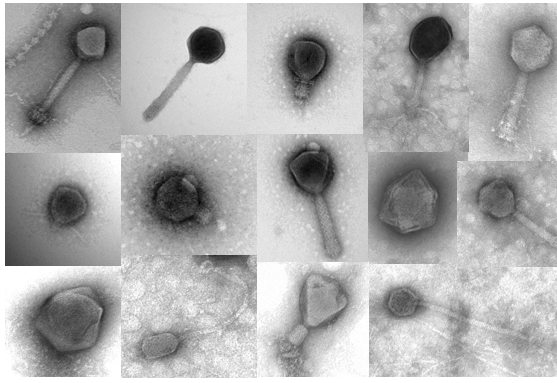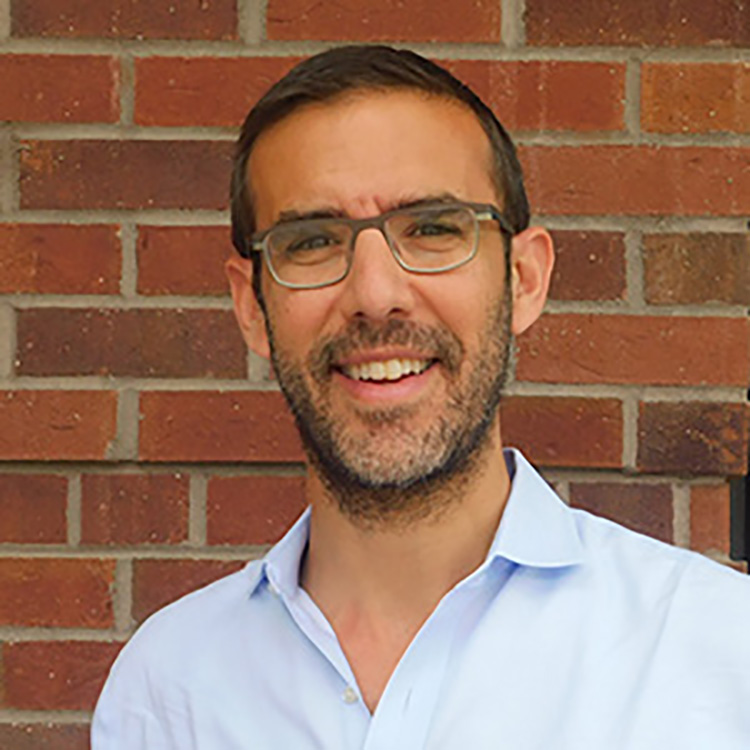Joshua Weitz led a press briefing on Sunday, Feb. 17, about how viruses reshape the fate of cells, populations, and global ecosystems. The briefing previewed the symposium “Virus, Microbes, and Their Entagled Fates,” which Weitz co-organized for the 2019 annual meeting of the American Association for the Advancement of Science, in Washington, D.C.
Weitz is a professor in the School of Biological Sciences and the director of Georgia Tech’s Interdisciplinary Graduate Program in Quantitative Biosciences. Joining Weitz at the press briefing and symposium were Matthew Sullivan, from Ohio State University, and Alison Buchan, from the University of Tennessee, Knoxville; the symposium was co-organized with Adrienne Correa from Rice University.
In his remarks, Weitz dispelled a likely common belief – that the most common hosts of viruses are humans, “Indeed, viruses that infect humans – like influenza, Ebolazaire, HIV, or Zika – can have devastating and often lethal consequences,” he said. “Yet, most viruses on Earth don’t infect humans. Instead, they infect microbes, including single-celled bacteria and archaea.”
Viruses that infect bacteria are known as bacteriophage. They are abundant and highly diverse.
The symposium and briefing highlighted how research on virus-microbe dynamics in the oceans may inform climate change mitigation efforts. It could also lead to virus-based therapeutics to treat antimicrobial-resistant infections.
For More Information Contact
A. Maureen Rouhi, Ph.D.
Director of Communications
College of Sciences




